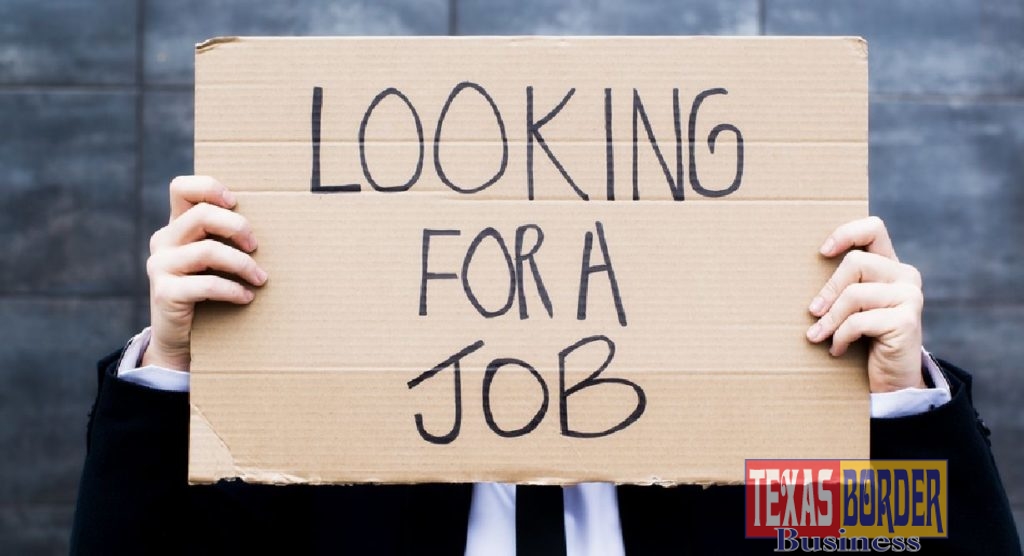
Texas Border Business
About 73.5 million Americans plan to look for a job that is more pandemic-proof, according to WalletHub’s nationally representative Coronavirus and the Future of the Economy Survey, released today.
The survey examined Americans’ thoughts on our economic situation during and after the COVID-19 pandemic, including how comfortable people are with traveling and shopping in person, as well as how soon they think the U.S. will recover financially. Below are highlights of the survey, along with a WalletHub Q&A.
- Travel and dining will continue to take a hit until there’s a vaccine. Nearly 4 in 10 Americans won’t feel comfortable getting on an airplane until there is a vaccine (plus, 27 percent won’t feel comfortable staying in a hotel and 21 percent won’t feel comfortable dining out).
- Most Americans want a non-tax solution for recovery. Around 28 percent of Americans think that tax rates should increase to fund coronavirus recovery efforts.
- People view a full recovery in employment as far off. Almost 80 percent of Americans don’t think the unemployment rate will drop to pre-COVID-19 levels until at least the end of 2021, if at all.
- Many people want to find more stable jobs. 73.5 million Americans plan on looking for a job that is more pandemic-proof.
For the complete survey results, visit:
https://wallethub.com/blog/coronavirus-and-the-future-of-the-economy-survey/75226/
Below, please find a WalletHub Q&A with commentary that you can use as needed. Also, let me know if you would like to schedule an interview with one of WalletHub’s experts.
Q&A with WalletHub
Has the COVID-19 pandemic inspired Americans to seek out jobs that are more stable during times of crisis?
“Due to the incredibly high level of unemployment caused by the COVID-19 pandemic, 73.5 million Americans plan on looking for a job that is more pandemic-proof,” said Jill Gonzalez, WalletHub analyst. “As a result of Americans searching for more pandemic-proof jobs, we may see growth in professions that allow working from home, as well as those that are deemed ‘essential’ during times of crisis.”
Will Americans feel comfortable traveling again before we have a vaccine for COVID-19?
“A significant chunk of the population will not be willing to travel until there is a vaccine for COVID-19, as nearly 40 percent of Americans say they are uncomfortable flying before a vaccine and 27 percent say they are uncomfortable staying at a hotel,” said Jill Gonzalez, WalletHub analyst. “More than one in five people won’t even be comfortable dining out before we have a vaccine. It’s important to continue to focus on vaccine research because we won’t see normal levels of consumption until Americans can get vaccinated.”
Do people think a tax increase is a good way to fund coronavirus recovery efforts?
“Around 28 percent of Americans think the government should use a tax increase to pay for coronavirus recovery, but opinions differ by economic status. People in the high-income and low-income groups are both more than twice as likely to say taxes should go up to support coronavirus recovery efforts as middle-income individuals,” said Jill Gonzalez, WalletHub analyst. “Americans have experienced unprecedented economic troubles due to the pandemic, and have received trillions of dollars in government aid as a result. Raising taxes, even after the pandemic passes, could diminish the benefits provided by the stimulus because many people need every dollar of aid to rebuild their lives and emergency funds. Tax increases may also disproportionately affect low-income people, especially if states raise their sales taxes.”
Do Americans think the unemployment rate will revert to pre-COVID-19 levels soon?
“Almost 80 percent of Americans think unemployment will not return to pre-COVID-19 levels until at least the end of 2021, if ever,” said Jill Gonzalez, WalletHub analyst. “People over age 59 are most likely to think the unemployment rate will return to pre-pandemic levels by the end of 2022. Younger age groups are all more optimistic, and tend to think that unemployment will be back to normal by the end of 2021.”














